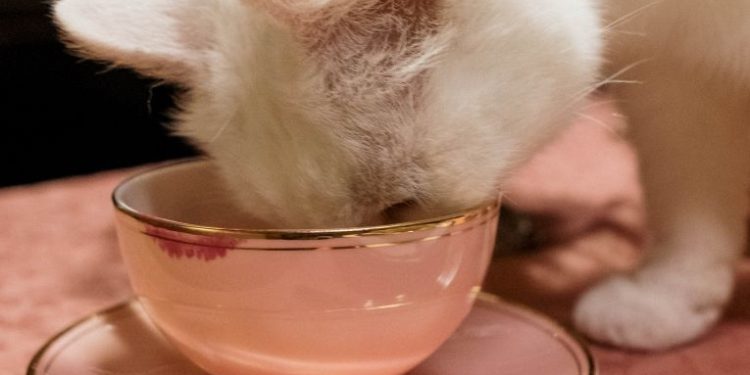When it comes to feeding your cat, it’s important to provide a balanced and nutritious diet that meets their specific nutritional needs. Here are some guidelines for what to feed your cat:
High-quality commercial cat food: Opt for a high-quality commercial cat food that is specifically formulated to meet the nutritional requirements of cats. Look for brands that use real meat or high-quality protein sources as the main ingredients. Choose cat food that is appropriate for your cat’s life stage (kitten, adult, or senior).
Wet or dry food: Both wet (canned) and dry cat food can be suitable options. Wet food generally has a higher moisture content, which can be beneficial for cats to stay hydrated. Dry food can help promote dental health, but it’s important to ensure your cat has access to fresh water at all times if they primarily consume dry food.
Read the labels: Carefully read the labels and ingredient lists of cat food products. Avoid foods that contain excessive fillers, artificial preservatives, or low-quality ingredients. Look for complete and balanced formulations that meet the standards set by reputable organizations like the Association of American Feed Control Officials (AAFCO).
Consult your veterinarian: Your veterinarian is an invaluable resource when it comes to determining the best diet for your cat. They can provide specific recommendations based on your cat’s age, health condition, and individual needs.
Avoid harmful foods: Some human foods can be toxic to cats. Avoid feeding your cat chocolate, caffeine, onions, garlic, grapes, raisins, alcohol, and foods containing artificial sweeteners (such as xylitol). Dairy products may also cause digestive issues in some cats.
Portion control: Follow the feeding guidelines provided by the cat food manufacturer to determine the appropriate portion size for your cat. Be mindful of your cat’s age, weight, activity level, and overall health when determining portion sizes. Avoid overfeeding, as it can lead to weight gain and related health problems.
Treats in moderation: Treats can be given occasionally but should not make up a significant portion of your cat’s diet. Opt for cat-specific treats and give them sparingly.
Remember, every cat is unique, and their dietary needs may vary. It’s always a good idea to consult with your veterinarian for personalized advice based on your cat’s specific requirements and health condition.










